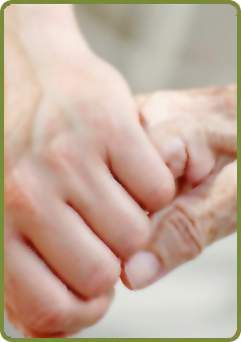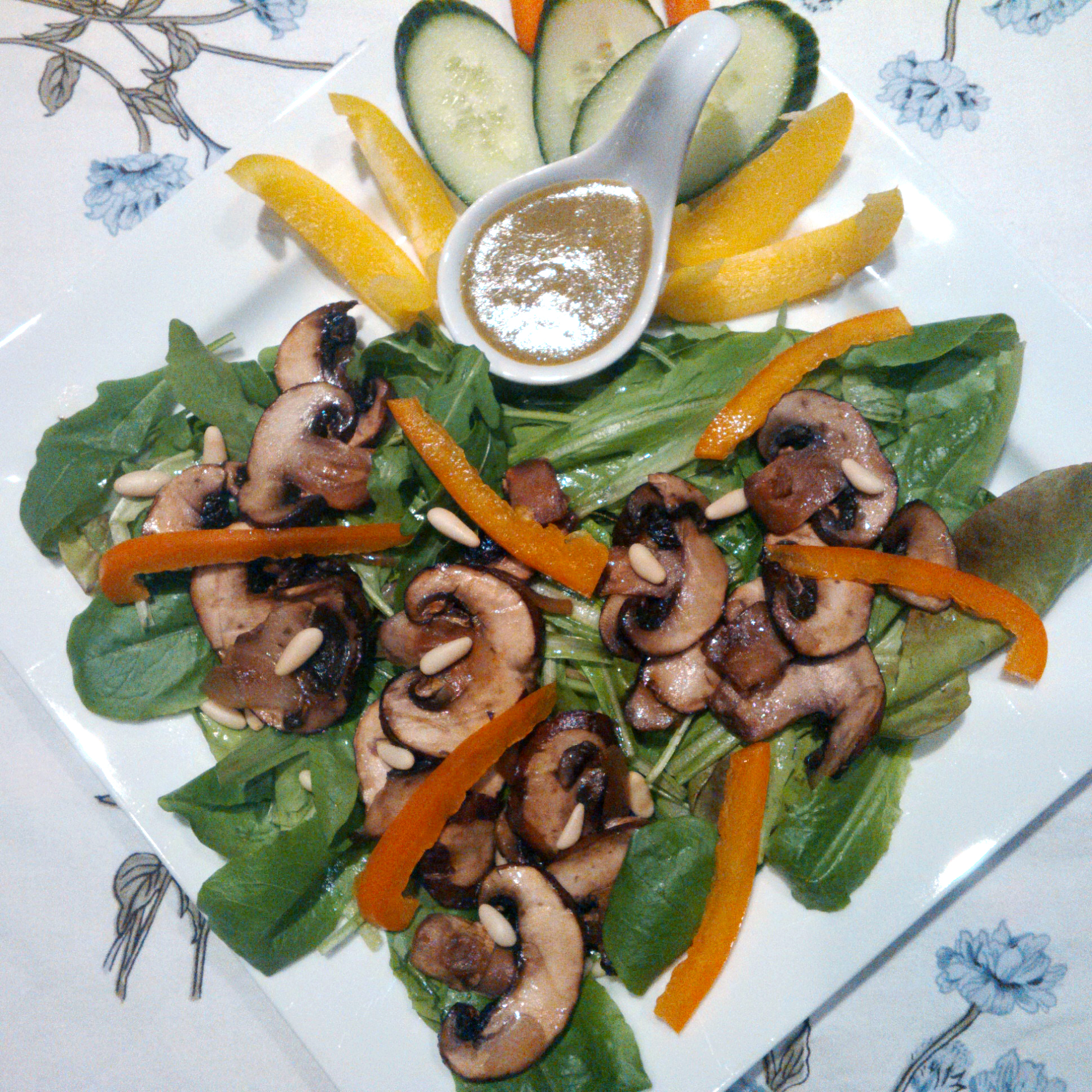In the last few years, researchers have looked at the so-called helper’s high and its effects on the human body. Scientists are searching to understand just how altruism — the wish to perform good deeds — affects our health, even our longevity. There are many stories and movies at this time of the year about people doing good deeds for others and how they feel so good as a result. Ebenezer Scrooge is a good example of this – remember how he felt once he started to help others! Also remember how he became a nicer person as well!
This can only impact our lives in a very positive way so I am wondering why everyone doesn’t make a habit of doing good deeds.
Last week’s task was to really listen to others in your life and see how that would impact your relationships. The task from the week before was to make a plan for a good week/month/year.
This week’s task will be to do a good deed for someone you know – make a meal for a friend who is not well, or just visit someone who cannot get out because of age or an illness. Not only will they benefit, but you will too!
When we do good deeds we help others who need it, therefore reducing their stress levels. This works the same way for us too – when we concentrate on helping others (doing good deeds) we forget our own troubles, thus reducing our own stress levels. We also get to see our troubles in a better perspective since we are probably better off than those we are helping. Ultimately, the process of cultivating a positive emotional state through pro-social behaviors – being generous – may lengthen your life.
Here is a list of some ideas of doing a good deed: remember if you are planning, as we suggested two weeks ago, doing a good deed will be easier as most good deeds don’t require the amount of time and organization you think they do. The opportunity to do a good deed turns up all the time; you just have to be watching for it:
- Buy a bag of good groceries and donate it to your local food bank or shelter.
- When out shoveling your walk or brushing off the car, it’s not too much more effort to do the same for a neighbour.
- Go to your neighbourhood school and ask if you can help – they will almost always say yes.
- Help an elderly person cross the street.
- Hold the door for people behind you no matter what their age
- Volunteer at a local breakfast program or soup kitchen.
- Bring someone less fortunate a plant or some fresh flowers.
- Take your grandchildren (or sibling’s kids) out for the day – the parents could probably use a break and the kids will love it.
- Make a double-batch of something delicious and freezable and give it to an older neighbour or someone you know who is sick.
Not only will all of these suggestions help others but you will have a big smile on your face when you do it – just look at yourself in a mirror after the good deed and see for yourself!
If you want some evidence of how this works read on:
When we act on behalf of other people, research shows that they feel greater comfort and less stress. But what about the do-gooder’s physiology — how is it affected? Can doing good make us healthier, as a growing number of scientists now believe? This is the focus of 50 scientific studies funded through The Institute for Research on Unlimited Love, headed by Stephen G. Post, PhD, a professor of bioethics at Case Western Reserve University School of Medicine. It is a comprehensive investigation of altruism, aka benevolence, compassion, generosity, and kindness.
In a paper published earlier this year, Post describes the biological underpinnings of stress — and how altruism can be the antidote. This connection was discovered inadvertently in 1956, when a team of Cornell University researchers began following 427 married women with children. They assumed that the housewives with more children would be under greater stress and die earlier than women with few children.
“Surprisingly, they found that numbers of children, education, class, and work status did not affect longevity,” writes Post. After following these women for 30 years, researchers found that 52% of those who did not volunteer had experienced a major illness — compared with 36% who did volunteer.
Two large studies found that older adults who volunteered reaped benefits in their health and well-being. Those who volunteered were living longer than non-volunteers. Another large study found a 44% reduction in early death among those who volunteered a lot — a greater effect than exercising four times a week, Post reports.
Warm Mushroom Salad
Mushrooms are fat free, a good source of selenium (this helps fight prostate cancer) and are a good source of Vitamin D. There are many varieties; button, chanterelle, crimini, shiitake, oyster, enoki, portabella, porcini and morel, just to name a few.
The Salad: serves 4
Put the following ingredients in a large salad bowl:
- 6 cups mixed greens (we used romaine, arugula, and baby spinach)
- 1/4 cup bell peppers (thinly sliced)
- 2 tbsp pine nuts
Sauté the following until tender:
- 2 tbsp coconut oil
- 4 cups baby portabella mushrooms (sliced)
- 1/4 cup sweet white onion (thinly sliced)
- 1-2 tbsp naturally fermented soya sauce
- 2 tsp maple syrup
Just before serving put the mushroom mixture on the salad and drizzle with the following dressing.
The Dressing: makes 1 cup
Put the following in your mini blender and blend until creamy:
- 1/4 cup fresh lime juice (1-3 limes)
- 1/4 cup sesame oil
- 1/2 tsp garlic powder


